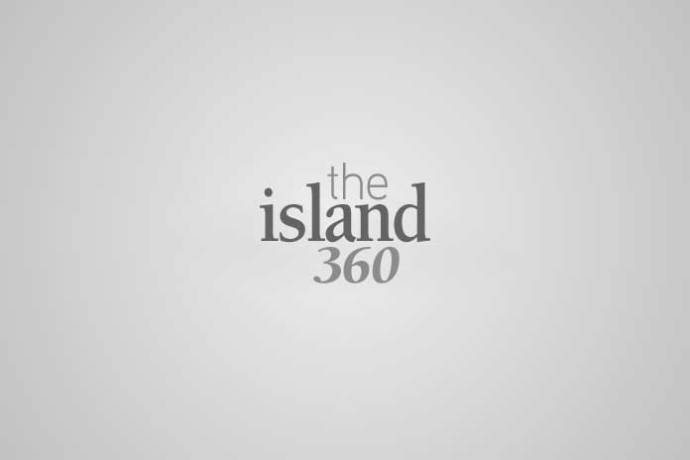To help fight hunger on Long Island, Bank of America donated $100 for each
employee who recorded a COVID-19 vaccine booster shot Long Island – Bank of America today announced a $75,000 donation to Long Island Cares and Island Harvest Food Bank to address food insecurity on Long Island, generated by an employee booster shot
campaign.
An estimated 38 million people were food insecure in the United States in 2020, according to the U.S. Department of Agriculture. As the pandemic continues, hunger relief organizations on Long Island and across the country are facing ongoing challenges, such as increased demand for their services and rising food prices.
Earlier this year, Bank of America announced it would make a $100 donation to local hunger relief organizations and food banks for each of its employee on Long Island who received a COVID-19 booster shot or vaccine and notified the company before the end of January.
“Food banks and other hunger relief organizations on Long Island are facing demand as the coronavirus continues to impact our region,” said Marc Perez, president, Bank of America Long Island. “We are
committed to investing in the health and wellbeing of our teammates and communities, which is why we
are supporting Island Harvest Food Bank and Long Island Cares as they work tirelessly to feed our neighbors who are facing food insecurity.”
Long Island Cares is a lifeline for many of the approximately 218,000 Long Islanders facing food insecurity and has expanded its operations to meet the increased need for services since the onset of the coronavirus. For every $10 donated, the organization can provide 11 meals to the community.
With help from the company’s donation, Long Island Cares is providing 82,500 meals to individuals and families across Long Island. Bank of America is a longtime partner of Long Island Cares and has helped fund new satellite locations in Hampton Bays and Bethpage in the last two years.
“Bank of America is one of the most important corporate partners of Long Island Cares-The Harry Chapin Regional Food Bank. Their continued commitment towards working with food banks to address the issue of hunger and food insecurity has resulted in the development of innovative programs and services across the United States, and in particular, their continued support of Long Island Cares has enabled us to open our Hunger Assistance and Humanitarian Center in Hampton Bays and our new Essential Market in
Bethpage,” said Paule Pachter, CEO of Long Island Cares, Inc.
Island Harvest Food Bank is a critical organization in the fight against food insecurity on Long Island, and works with local businesses to provide surplus food to those in need in addition to buying food directly from suppliers.
Through the funding raised by the booster program, Island Harvest Food Bank will be able to provide 75,000 meals to individuals and families throughout Long Island. This builds on the company’s previous support for Island Harvest Food Bank including a $250,000 grant to assist with their emergency
COVID-19 food response.
“Bank of America’s caring and generosity serves a dual purpose to help to ensure the health and well-being of its staff and the public it serves while assisting Island Harvest Food Bank with funds to provide much-needed, supplemental food support to our Long Island neighbors in need,” said Randi Shubin Dresner, president & CEO, Island Harvest Food Bank. “It’s heartwarming to know we have such a good and longtime partner like Bank of America on the front lines with us in the fight against hunger on Long Island.”
Nationally, Bank of America has committed $10.6 million dollars to food banks and hunger relief organizations through this effort. Since 2015, the company has donated nearly $150 million toward hunger relief efforts.
Bank of America committed to donating a minimum of $25,000 in each of the company’s 93 markets to local nonprofit partners as part its vaccine booster effort. Because vaccination boosters and reporting are voluntary and additional company contributions are reflected in the final amount, actual donation amounts differ from the number of boosters reported by bank employees

